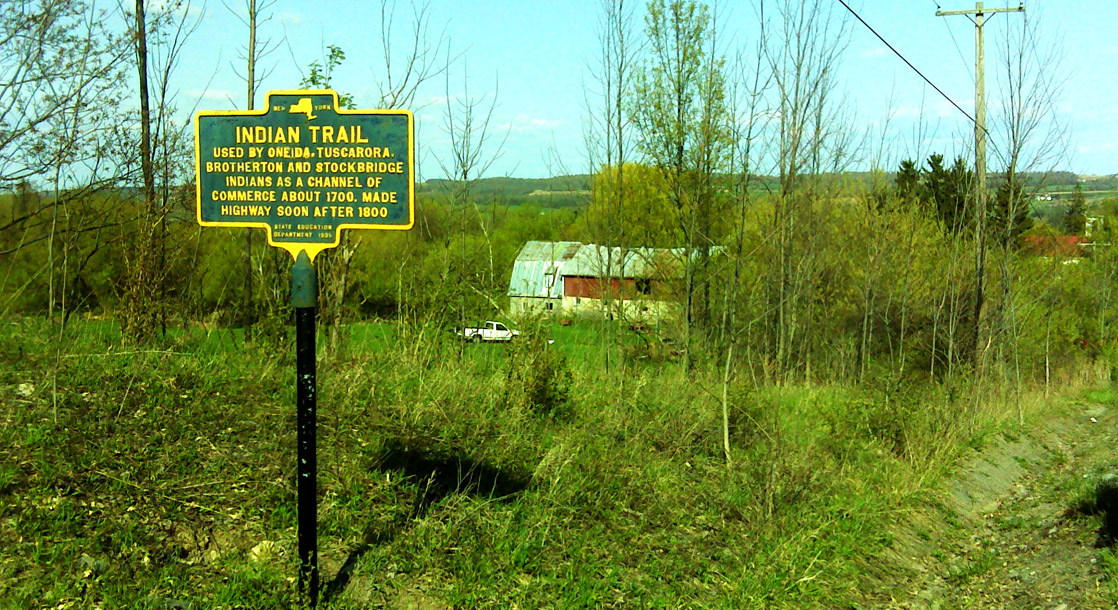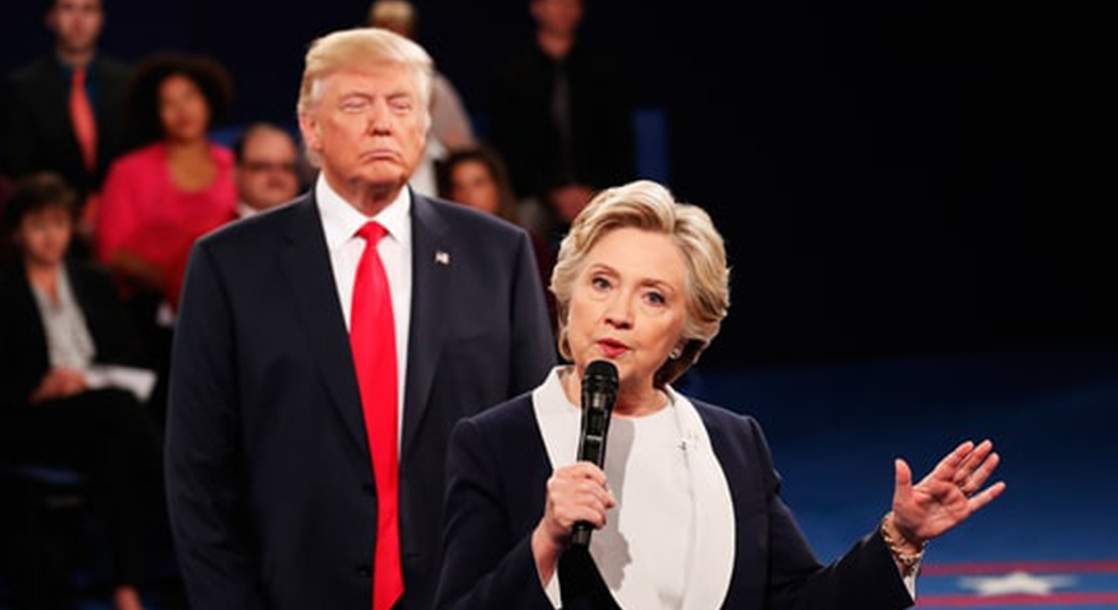The Oneida Indian Nation in New York is launching its licensed cannabis retail program, and it’s putting the weed tax revenue in the right places.
On Monday, Nation representatives announced the “seed to sale” operation. Plans include a 50,000-square-foot cultivation and production facility, and retail stores on Nation territory which are expected to go live in the latter half of 2023.
The best part? The Nation will direct all cannabis tax revenue toward tribal government programs, including affordable housing, healthcare, cultural preservation, and public education and safety.
The Nation’s legal cannabis program will follow the same taxation structure as New York state.
“As more and more states across the country enter into the cannabis business, including neighboring states and other tribal nations, it is important that the Oneida people not be left out from taking advantage of this economic opportunity,” said Oneida Indian Nation representative and CEO of Oneida Nation Enterprises, Ray Halbritter, in a press release
“We are excited about this new venture,” he continued, “and are confident based on our expertise and proven track record within other highly regulated industries that we will be able to set the standard for developing a safe and successful adult recreational cannabis business on Oneida Indian Nation lands.”
The Oneida Nation joins New York’s Mohawk Tribe and Cayuga Nation with its own legal cannabis framework.
For now, the Oneida Nation’s cannabis taxes likely won’t be as sizable as New York state’s. The Nation will primarily collect taxes from cultivations, licensing, and individual sales. The Nation will not permit public consumption, and won’t be allowing weed smoking at any of its casinos.
To put into perspective how sensible and forward-thinking the Nation’s tax plans are, just look at some of the largest legal cannabis markets. Canada, Colorado, and California all have provided, or still provide, local law enforcement and regulatory agencies with sizable amounts of cannabis tax revenue.
In fact, Colorado, which campaigned its legalization bill Amendment 64 as a way to fund schools (like the state lottery), fell short of those promises in spectacular fashion. In reality, retail weed tax revenues only funded the state’s poorest schools for necessary building repairs.
Other Colorado tax funds for “education” went into anti-drug and anti-weed messaging programs hosted at the schools, which studies show do absolutely nothing to discourage drug use among kids or teens.
Teacher salaries never factored in (and still don’t factor in) to the equation. Despite Colorado raking in more than $1 billion in weed tax revenue since 2014, the state’s public school teachers are some of the lowest paid in the country. Colorado currently ranks 49th for teacher pay out of 50 states, even after a 5% raise during the pandemic.
And at one point, half of Portland, Oregon’s weed taxes went to the local cops.
In other words, a good chunk of US states’ cannabis tax revenue funds the legislation, regulation, and enforcement of a new class of crimes bankrolled by the very industry which created the regulations to begin with.
Wasn’t legalizing cannabis supposed to direct the cops and state regulators elsewhere? So they could focus on bigger problems, like violent crime, human trafficking, domestic abuse, and armed, militant hate groups?
So-called liberal states ought to take a cue from the Oneida. The majority of cannabis tax revenue should go toward helping people find decent homes, afford decent healthcare, and send their kids to decent schools. Instead, we’ve gotten more bureaucracy, gentrified neighborhoods, and a cool $2 million wasted giant, empty rat cages.
Cover image via











